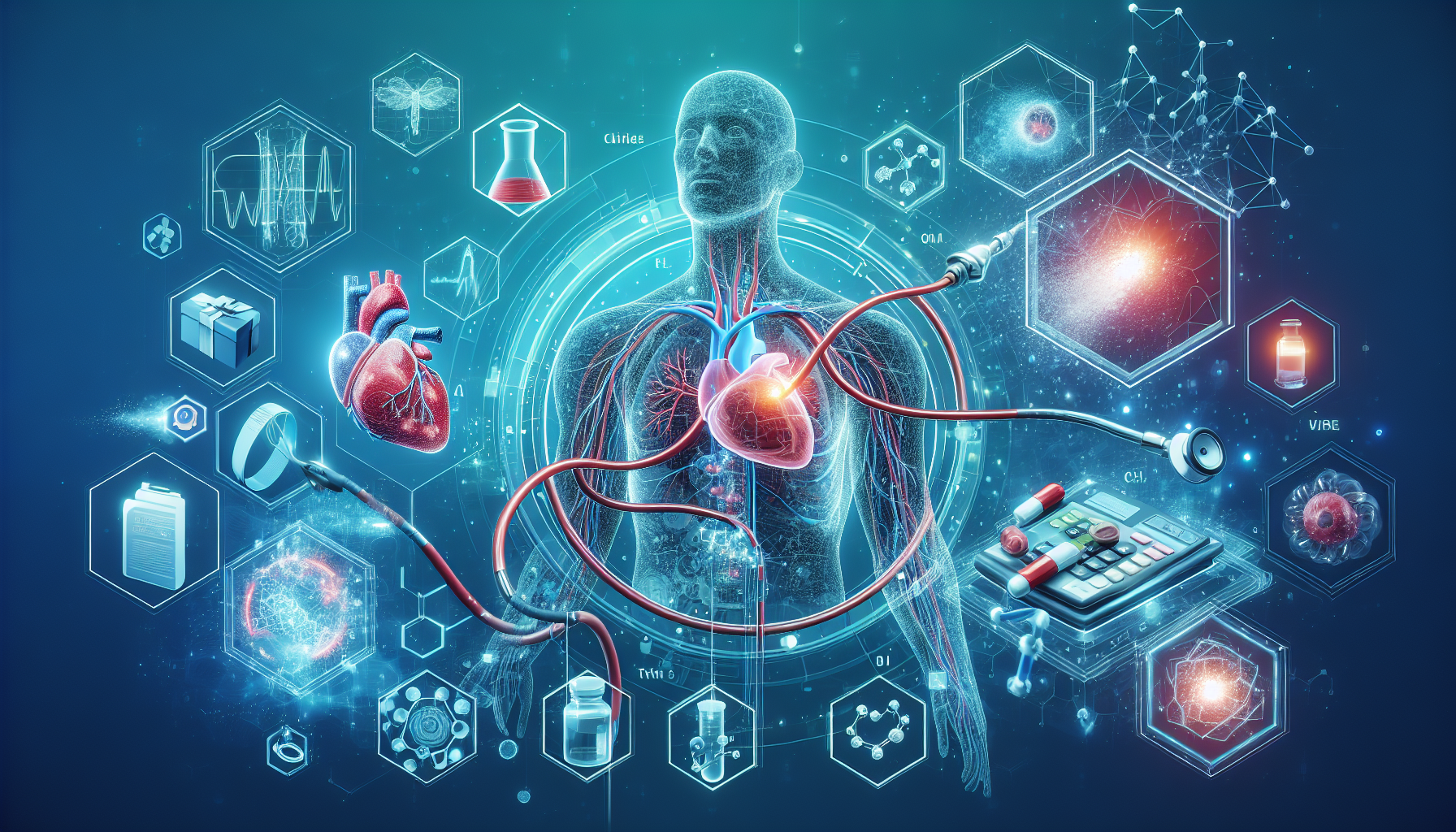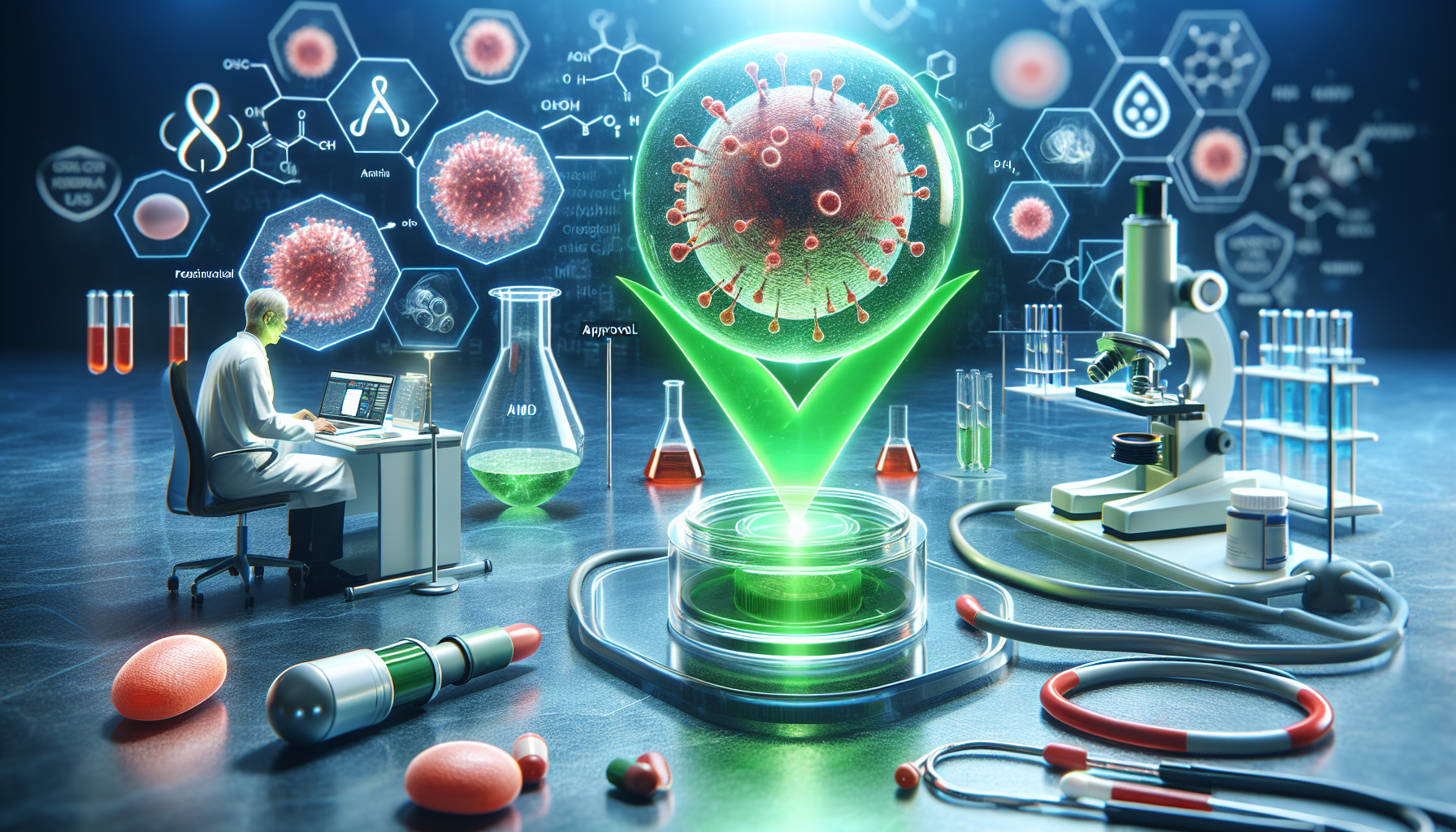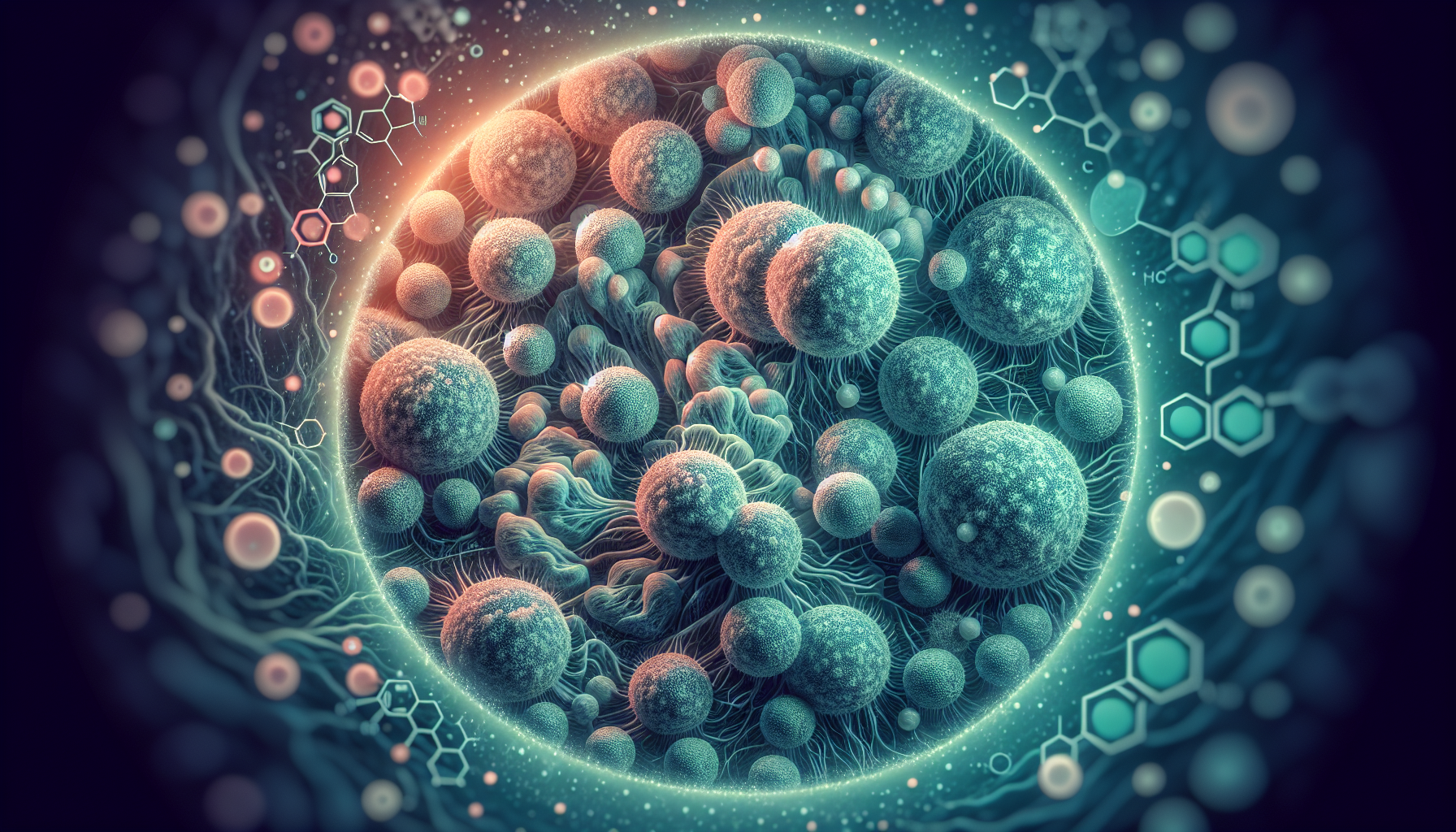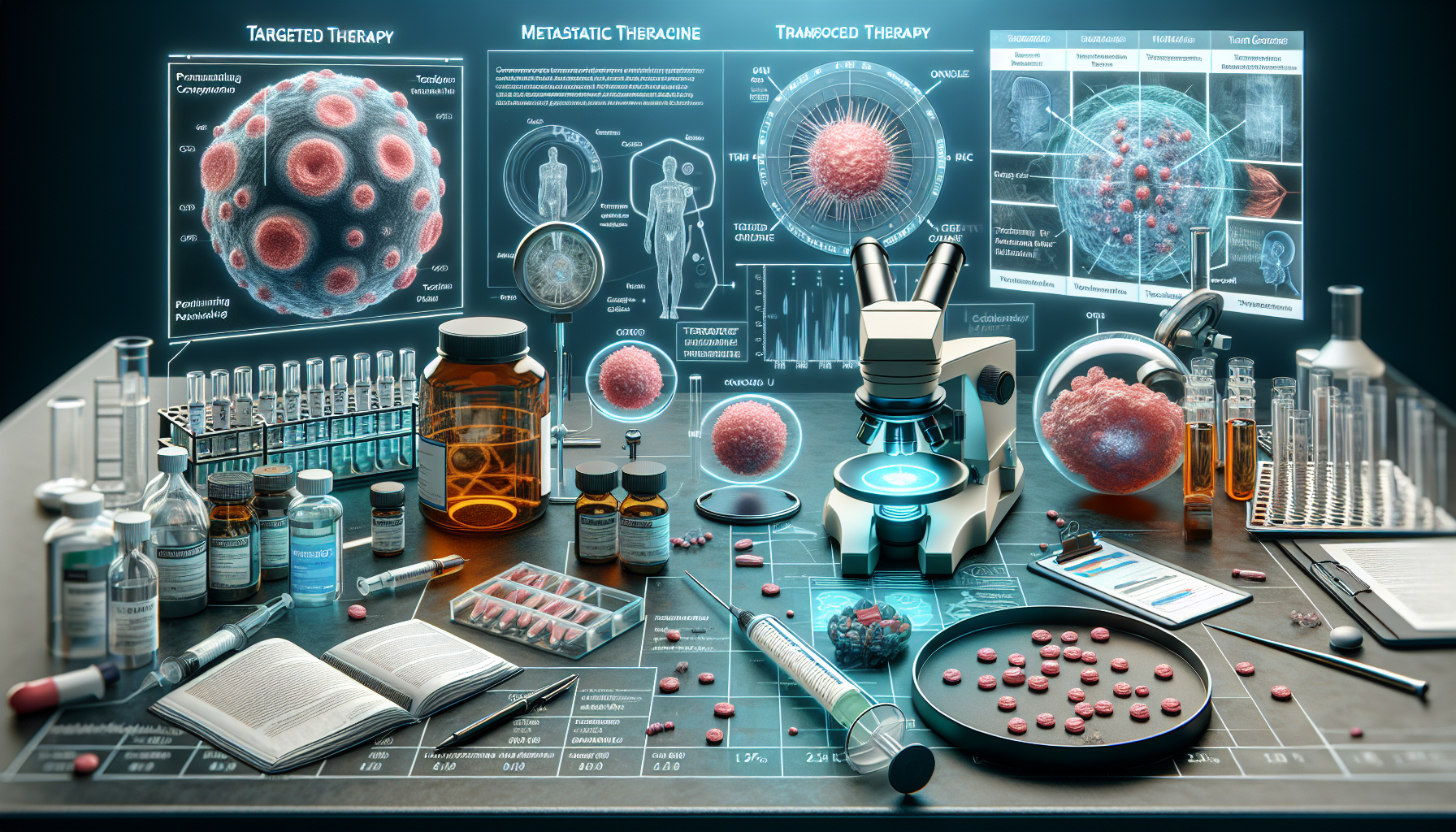How Cancer Treatment Could Impact Your Heart Health
Key Takeaways
- Cancer treatments can increase the risk of sudden cardiac death.
- Patients under 74 and those with heart failure are at higher risk.
- Lung cancer patients face a greater risk of heart complications.
Did You Know?
Understanding the Connection Between Cancer Treatment and Heart Health
Cancer treatments like chemotherapy and radiation therapy are instrumental in combating cancer, but these treatments can sometimes have serious impacts on heart health. A recent study has found a link between active cancer treatment and a higher risk for sudden cardiac death (SCD), especially in certain patient groups.
Who Is Most at Risk?
This study specifically identified that patients under the age of 74 and those with a history of heart failure are at increased risk for SCD during cancer treatment. Even more concerning, the risk is significantly higher for patients who possess multiple risk factors.
Key Findings of the Study
The research analyzed data from 8,356 individuals treated at the University of Rochester Medical Center between 2011 and 2020. Results showed that within the first six months of cancer treatment, 0.6% of patients experienced SCD. The study found that patients with two or more risk factors had a notably higher chance of SCD compared to those with one or no risk factors.
The Role of Different Cancer Types
Interestingly, the study revealed that the type of cancer could influence the risk of SCD. Patients with lung cancer, for example, showed a higher rate of SCD. This suggests that the nature of the malignancy and the type of treatment might play a role in increased heart risks.
What We Still Need to Learn
Although this study sheds light on the connection between cancer treatment and sudden cardiac death, it also highlights limitations. Not all instances of SCD were confirmed to be arrhythmic, partly due to the lack of ECG monitoring at the time of death. Additionally, with only a small number of SCD cases, further research is needed to confirm these findings.
The Importance of Monitoring Heart Health During Cancer Treatment
Given these findings, it's clear that monitoring heart health during cancer treatment is crucial. Physicians should pay special attention to younger patients, those with pre-existing heart conditions, and those undergoing treatment for lung cancer.
Future Directions in Research
Researchers emphasize that there’s a pressing need for ongoing studies to develop strategies for identifying and protecting high-risk patients. Understanding the cardiovascular toxicities associated with different oncologic treatments will be vital for improving patient outcomes.
Practical Steps for Patients
If you or a loved one is undergoing cancer treatment, it’s essential to talk to your healthcare team about your heart health. Regular check-ups, monitoring for symptoms of heart failure, and discussing any pre-existing conditions can help manage risks.
Advancements in Oncology and Cardiology
As cancer treatments advance, so does our understanding of their side effects. Collaboration between oncologists and cardiologists will be crucial in developing comprehensive care plans that address both cancer and heart health.
Concluding Thoughts
This study underscores the importance of a multidisciplinary approach to cancer treatment, taking into account the potential risks to heart health. With continued research and collaboration, we can better protect patients and improve outcomes during and after cancer treatment.






